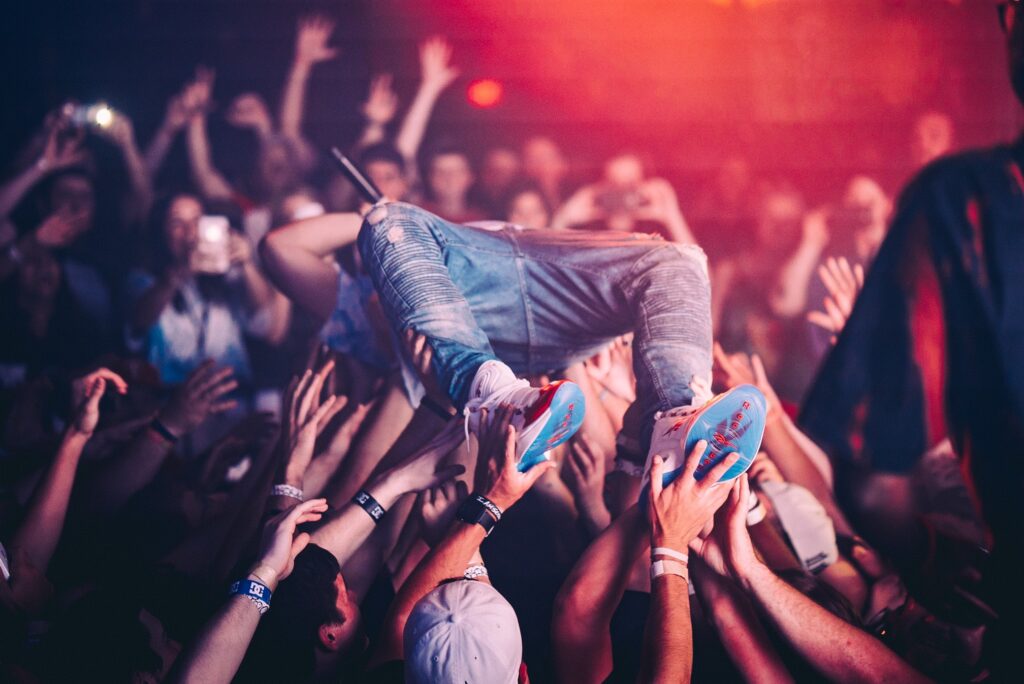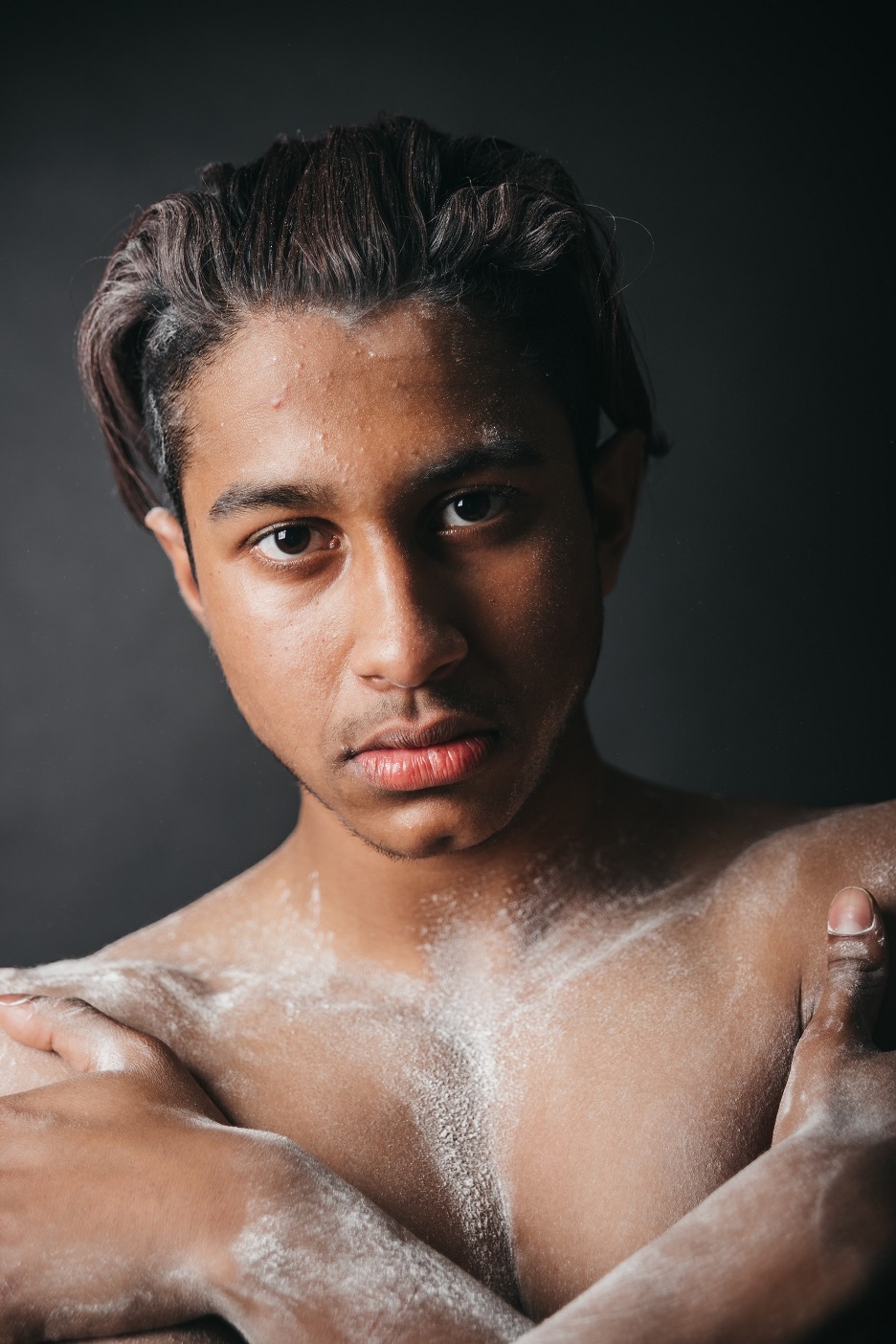Sex, Drugs and Your Teenager

In high school or maybe sooner, adolescents are confronted with three rebellious, yet enticing opportunities: to drink alcohol, to try drugs, and to have sex. Today, most teenagers have tried at least one.

In most cases, these choices or behaviours are often linked. Wherever alcohol is offered, illicit drugs like marijuana are also available. When drugs are presented to adolescents, usually alcohol is also easy to access. At parties where drugs and alcohol are consumed, unsupervised adolescents also tend to engage in risky sexual behaviours.
Teens who drink alcohol or use drugs are much more likely to indulge in risky sexual behaviours than their peers who don’t use substances. Moreover, they are likely to have sexual intercourse at younger ages and with multiple partners. Teens under age 15 who have used drugs are about four times more likely to have had sex than those who have never used drugs. Drug-using teenagers over 15 years are five times likely to have sexual intercourse and three times more likely to have it with four or more partners during their teenage.

As parents, we expect and hope that our children will make responsible choices while they are growing. Yet many teenagers choose to take these risks repeatedly. Adolescents often get so caught up in their risk-taking that they fail to understand the long-term risks. What starts as simple “experimentation” with drugs or sex can rapidly advance into more disruptive behaviours and larger problems, such as disease or addiction.
What are the reasons for promiscuity?
There are several reasons why teenagers use drugs and indulge in sex. They may be motivated to fit in, to be “cool,” or due to peer pressure. Girls may engage in these behaviours to impress an older peer or significant other. Most teenagers believe that alcohol and drugs are the way to reduce shyness and relieve any anxiety or guilt. For example, if intoxicated, they think they will have more confidence to interact with the opposite gender.
A significant part of teens’ reasons for drug use also lies in their biological makeup. Scientists point out that the adolescent brain does not fully develop until 25 years of age. The last part of the brain to mature is the frontal cortex, the primary regulator of judgment and decision-making. This means that at age 13 or 18, we are not entirely capable of making balanced decisions. Because adolescents are incapable of fully grasping the consequences, they are more prone to risk-taking.
Add this to the fact that the first parts of the brain to mature are the ones that are focused on emotions and sensory experiences. Teenagers are better equipped to experience the pleasurable effects of getting high than to assess the negative consequences. Rajeshwari, a therapist at Hope Trust, explains this further: “Teens have active hormones and needs for excitement and physical stimulation, but lack the maturity to understand the consequences of their behaviours. When any substance use is introduced, the judgment aspect of the brain is severely impacted. Therefore, we have adolescents engaging in very high-risk behaviours leading to problems for themselves and their families.”
Consequences of risky behaviours
High-risk behaviour goes beyond mere drug use and sex. Statistics indicate that teens who partake in prescription drug abuse are:
- 26% more likely to be currently sexually active
- 14% more likely not to use protection during sex
- 32% more likely to use drugs or alcohol before they have sex
- 45% more likely to have more than four previous sexual partners
What does this mean for your teenage son or daughter? The consequences can be unwanted and traumatic. Unintended pregnancies, sexually transmitted diseases and other infections, higher expenditure on wasteful activities, heightened stress in the family, road accidents and legal problems, defiant and anti-social behaviours are only some of the issues that you may face.
Get help before it’s too late
Early intervention and professional support are important to help your teenager gain control over his or her life once again. If you are concerned about your son and daughter’s behaviour, please do not hesitate to call Hope Trust at +91 90008 50001. Over 20 therapists are available to support you and your teenager through the vulnerable stages of life.